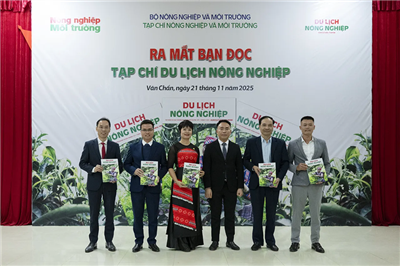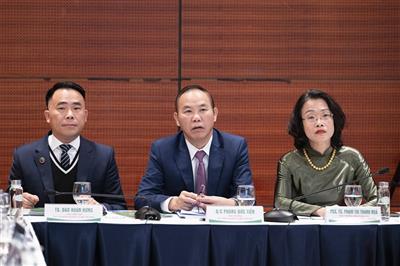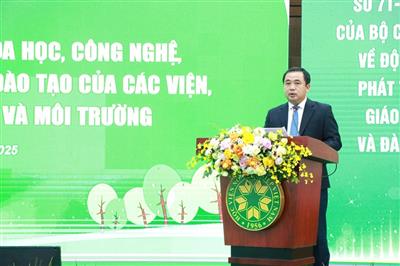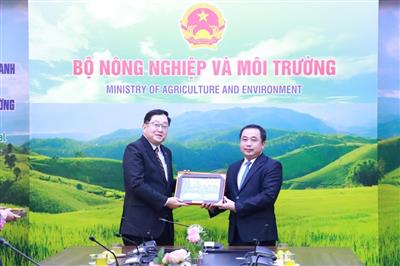
EU backs legislation to cut truck CO2 emissions significantly
14/05/2024TN&MTThe European Union has officially approved a new law aimed at significantly reducing CO2 emissions from heavy-duty vehicles, including trucks and buses on May 13th.

On May 13th, EU countries finalized a law requiring most new heavy-duty trucks sold in the EU from 2040 to be emissions-free.
90% CO2 emissions reduction mandate for new trucks by 2040
This legislation mandates a 90% reduction in CO2 emissions from new trucks by 2040, with interim targets of a 45% reduction by 2030 and a 65% reduction by 2035. Additionally, all new urban buses must achieve zero emissions by 2035.
This law, passed by the European Parliament and backed by EU countries, is a critical component of the EU's broader strategy to combat climate change and move towards a greener transport sector. The policy is designed to provide clear guidelines for manufacturers, encouraging substantial investment in electrification and hydrogen technologies to meet the stringent emissions targets.
Despite some opposition, particularly from the center-right lawmakers who argued for allowances for trucks running on CO2-neutral fuels, the law passed with the stipulation that the European Commission would consider future rules to include such vehicles in emissions targets. This compromise was essential in gaining support from key automotive manufacturing nations like Germany.
The legislation is part of a larger effort to decarbonize road transport, which accounts for over 25% of the EU's greenhouse gas emissions from transportation. The policy also includes specific provisions for different categories of heavy-duty vehicles and professional vehicles, such as waste collection trucks and concrete mixers, which will face slightly delayed implementation deadlines.
By setting these ambitious targets, the EU aims to significantly reduce its carbon footprint and lead the way in global efforts to address climate change.
Heavy-duty fleet manufacturers need to prioritize electrification
According to Euronews, heavy-duty vehicles account for over 25% of greenhouse gas emissions from road transport in the EU. To address this, the European Commission proposed revising CO2 emission standards for these vehicles in February 2023. Truck and bus manufacturers will need to invest primarily in electrification, described by the campaign group Transport & Environment as a “brutal transition,” given that renewable alternatives like hydrogen and biomethane may not be scalable in time.
Philip Hunter, an automotive analyst at Carbon Tracker, welcomed the new law but highlighted the significant challenges facing manufacturers, given the sector's current less than 2% of zero-emissions vehicles. He emphasized the need to rapidly scale up the production of battery electric heavy-duty vehicles and collaborate with charging infrastructure providers to support fleet operators in adopting zero-emission vehicles.
Policymakers and EU officials insisted that the new rules are compatible with competitiveness, but industry representatives have called for incentivizing policies to accelerate the green transition. Concerns include the lack of sufficient charging stations and battery capacity for long-haul distances, as noted by Raluca Marian from the World Transport Organization and Sigrid de Vries from the European Automobile Manufacturers’ Association.
Michael Nimtsch of Trailer Dynamics considers the law a milestone towards climate neutrality and the decarbonization of heavy goods transportation. The European Commission will assess the law's effectiveness by 2027 and consider developing a methodology to report the full lifecycle CO2 emissions of new trucks and buses.
Ngoc Huyen (Reuters, Euronews)
















